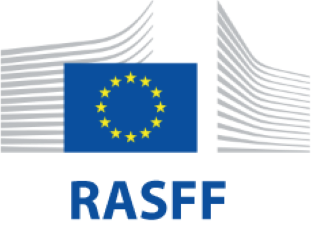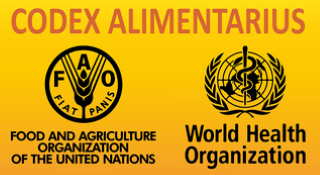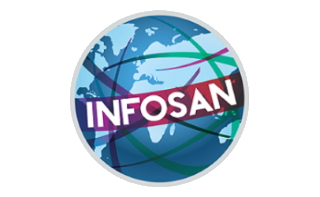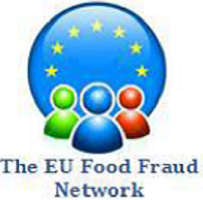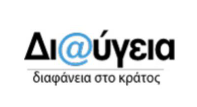The European Food Safety Authority (EFSA) was established by the Regulation 178/2002. EFSA is an independent EU Authority, with its own legal personality, funded by the European Union. Its mission is to provide scientific advice and technical support in all areas related to food safety. It is an independent scientific pole of reference, which provides Community institutions and Member States (MS) scientific and technical advice to allow them make informed decisions about risk management, to achieve a high level of protection of the life and health of consumers.
The main instruments of the Authority are the Management Board, the Executive Director, the Advisory Forum, the Scientific Committees and the Scientific Panels.
The Management Board is responsible for ensuring the effective and efficient operation of the Authority, approving the work program, the Authority's financial regulation and ensuring that the Authority carries out its mission.
The Executive Director is the legal representative of the Authority and is responsible for its daily administration, the preparation work programs in consultation with the Commission, the implementation of work programs, the decisions adopted by the Governing Council and establishing and maintaining contact with the European Parliament.
The Advisory Forum ensures the effective operation of the various networks for gathering information and the supporting mechanisms. It comprises representatives of Member States. It meets at least four times a year. It encourages connecting to networks at European level of national organizations active in the Authority’s field: exchanging information, pooling of knowledge, optimizing the use of available sources. The Advisory Forum has a consultative role towards the Executive Director with regard to the preparation of the proposal for the Authority's work program and the prioritization of requests for the provision of scientific advice, constitutes a mechanism for exchanging information on potential risks, while avoiding any duplication in scientific studies of the Authority and Member-States.
In the advisory body, Greece is represented by the EFET, and specifically by the President of the Management Board of the EFET Prof. G. Nychas.
EFSA’s Scientific Panels are responsible for EFSA’s risk assessment work including delivering scientific opinions. Each Panel focuses on a different area of the food and feed chain i.e. biological hazards, contaminants, feedingstuffs, animal health and welfate etc.
The Scientific Committee has the task of supporting the work of the Panels on cross-cutting issues and scientific matters of a horizontal nature. It focuses on developing harmonised risk assessment methodologies in fields where EU-wide approaches are not yet defined.
The Scientific Committee and the Panels are composed of independent scientific experts with a thorough knowledge of risk assessment from universities, research institutions and national food safety authorities. All members are appointed through an open selection procedure on the basis of proven scientific excellence, including experience in risk assessment and peer-reviewing scientific work and publications.
In Greece, EFET has been designated as National Focal Point of EFSA. National Focal Points are considered ambassadors of EFSA in the Member States. The role of the National Focal Point is the timely dissemination of information on risk assessment and risk communication of food among stakeholders at national level (authorities, industry, consumers, academia, scientific institutions, etc.) and the Advisory Forum of EFSA. An additional role of the Focal Point is to promote national scientific activities of the EFSA.





